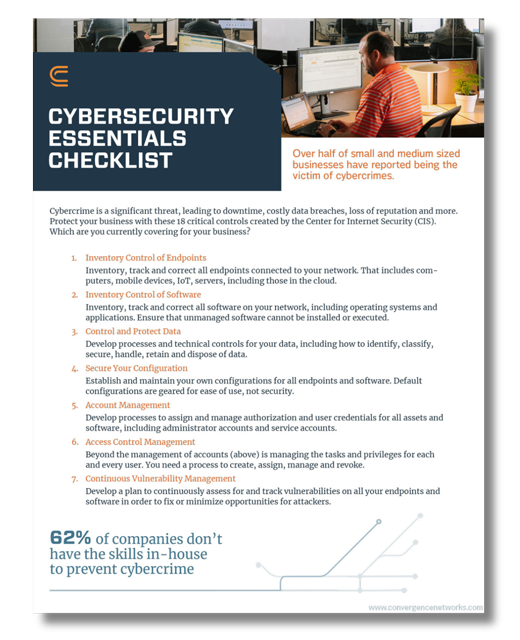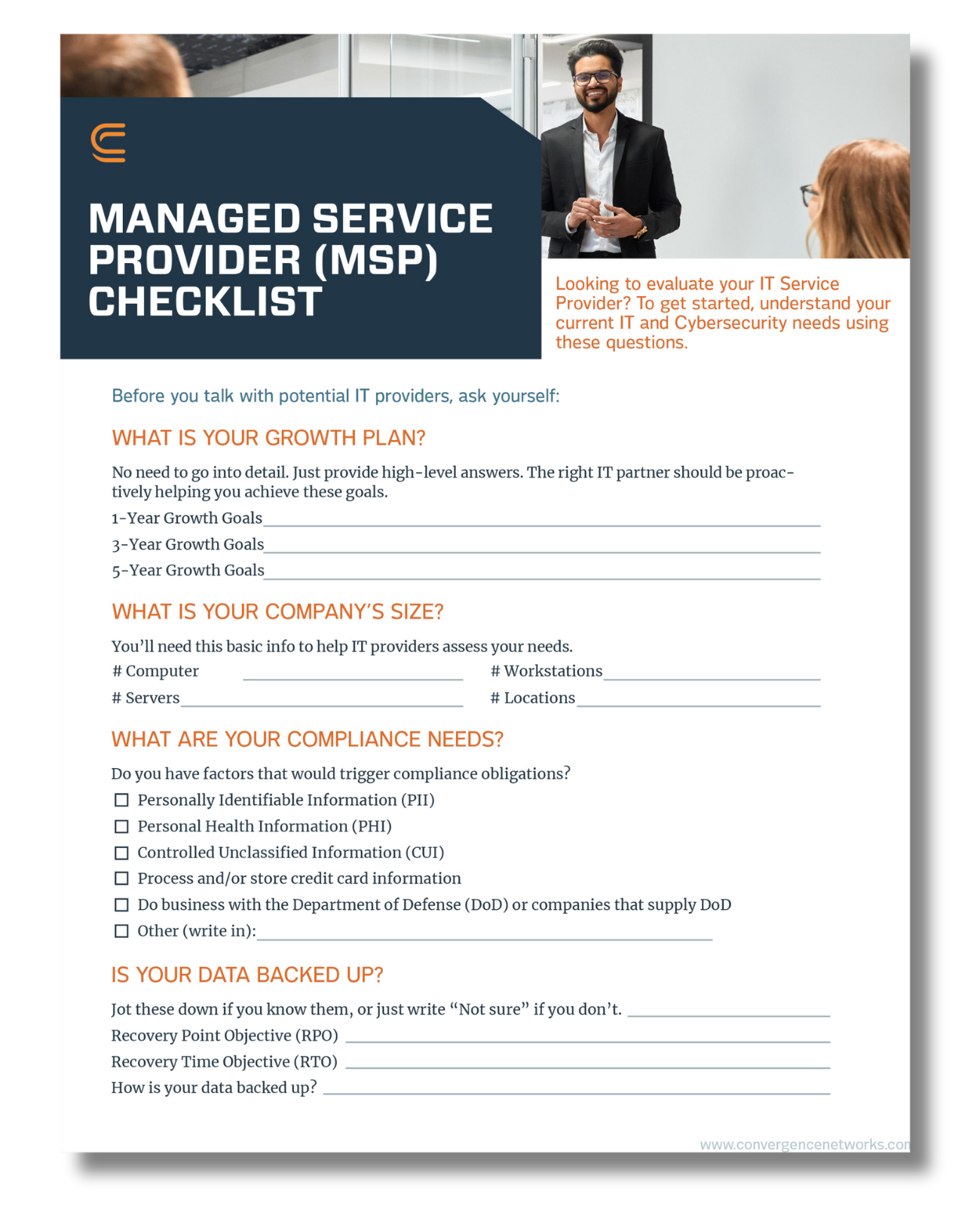Instead of just blocking bad things, Zero Trust Security only allows known approved “whitelisted” applications.
While you should trust your employees, it is important to protect your environment from internal and external threats with Zero Trust Security and Application Safeguarding.
Application whitelisting blocks everything from running on your systems that hasn’t been explicitly approved, whether it's a program, an installer, malware or ransomware.
Ringfencing technology protects your data from exploited files and applications by fencing off the applications that run your system at the most granular level, essentially eliminating attack vectors from a cybercriminal's path.
Storage control solution allows you to stop users from uploading/exporting files to the internet and external storage, like USB drives.
High degree of control & visibility
Only allows known good applications
Minimally invasive
This Zero Trust Security approach not only stops malicious software, but it also stops other unpermitted applications from getting downloaded. It is a critical part of your managed security services.
Antivirus vs Zero Trust Security
Unlike antivirus, Zero Trust allows you to define what software, scripts, executables and libraries can run on your company’s endpoints and servers.
Default deny application approach to deny anything not pre-approved by your company
Full granular audit of every piece of software on your endpoints and servers
Control how applications integrate together
Thirty-second, single-click approval
Automatically add new hashes when application and system updates are released
Frequently Asked Questions About Our Zero Trust Security Services
Zero trust security is a cybersecurity approach that only allows approved, “whitelisted” applications to run in your environment. Instead of trying to block known threats, zero trust blocks everything by default unless it has been explicitly approved. This protects against malware, ransomware, and unauthorized applications. Our zero-trust security services implement this solution into your company’s existing cybersecurity infrastructure.
Zero trust security works through application whitelisting, ringfencing technology and storage control.
Together, these services:
- Block all unapproved applications, scripts, or executables.
- Fence off applications to prevent exploited files from spreading.
- Restrict data movement to the internet, USB drives, or external storage.
This “default deny” approach provides greater control, visibility, and protection compared to traditional antivirus software.
Traditional antivirus software looks for known threats and blocks them when detected. Zero trust does the opposite: It only allows known safe applications to run. With zero trust, you define which software, libraries, and executables are permitted on your endpoints and servers, while everything else is denied by default. This eliminates many attack vectors that antivirus software alone cannot stop.
Our zero-trust security services provide:
- High visibility and granular control over applications.
- Protection from malicious and unauthorized software.
- Application fencing to block attack paths.
- Storage control to prevent unauthorized file transfers.
- Simple approvals with fast, automatic updates.
These features make zero trust an effective, minimally invasive way to safeguard your business.
Zero trust security is a cybersecurity approach that only allows approved, “whitelisted” applications to run in your environment. Instead of trying to block known threats, zero trust blocks everything by default unless it has been explicitly approved. This protects against malware, ransomware, and unauthorized applications. Our zero-trust security services implement this solution into your company’s existing cybersecurity infrastructure.




















